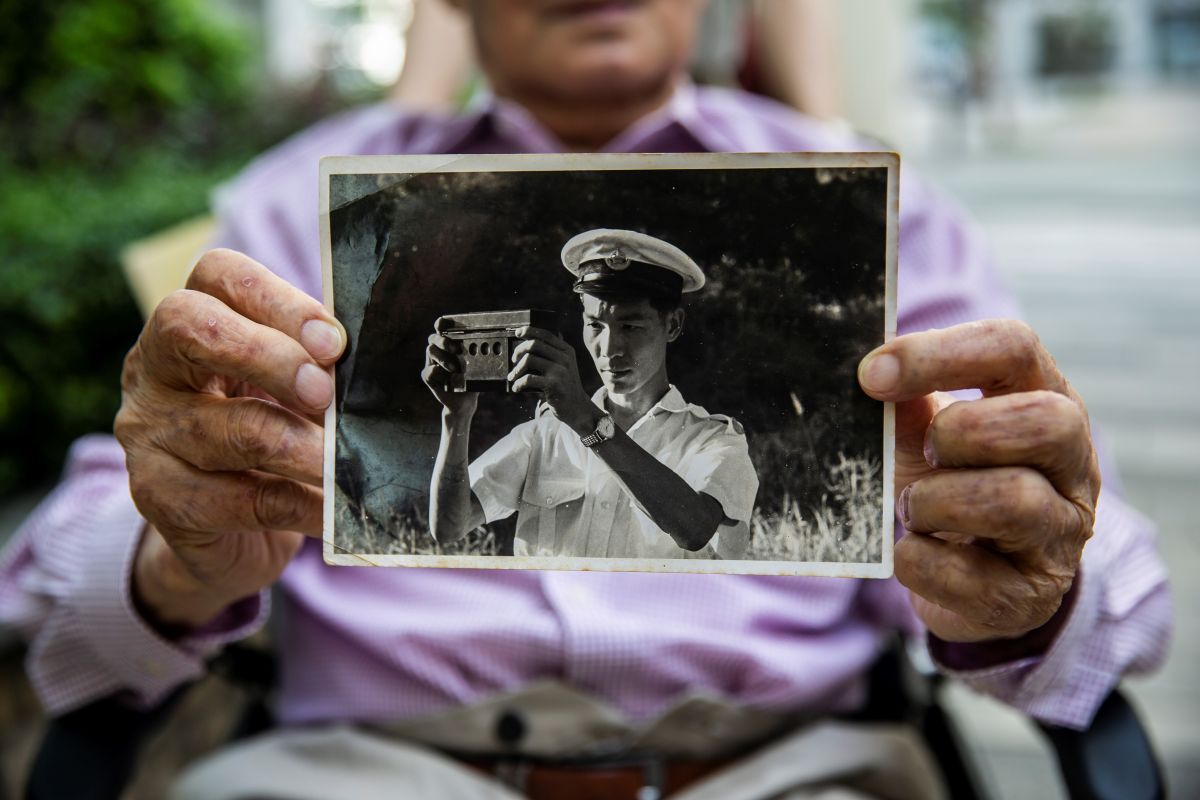Jailed without trial when Hong Kong was a British colony, former underground communist Lau Man-shing says he fears a new generation of dissidents could suffer a similar fate once Beijing imposes its new national security law.
Now 91, Lau was among a group of prominent dissidents held in an unofficial detention facility by Britain during leftist riots that swept Hong Kong in 1967.
At the time Lau was a loyal supporter of China’s Communist Party and a committed anti-colonial activist. Five decades on, he yearns for democracy, convinced the city’s inhabitants swapped one authoritarian master for another after the 1997 handover to China.
Advertisement
“Many people used to believe the promise made by Beijing that Hong Kong will gradually and eventually get universal suffrage,” Lau told AFP.
“But Beijing is asserting more and more control over Hong Kong and is wielding the greatest force to suppress opposing voices.”
Faced with growing popular unrest, Beijing on Tuesday imposed a sweeping security law on Hong Kong, according to local media reports. In an unprecedented move, the anti-subversion legislation was written in Beijing, bypassing semi-autonomous Hong Kong’s legislature.
The law is a response to months of huge and often violent pro-democracy protests. The last time Hong Kong went through similar political tumult, Lau was at the very centre.
Fuelled by resentment of colonial rule and inspired by the Cultural Revolution unfolding in China, the 1967 riots left 51 dead. What started as a labour dispute in an era of poverty and corruption became large-scale street battles.
The protesters initially had some popular appeal. But public opinion turned against them when leftist bombs killed dozens — including two children — and a prominent anti-communist radio host was burned alive in his car.
Britain responded with a slew of emergency decrees, banning protests and many leftist publications. During the unrest’s early stages, Lau led a strike at the Water Supplies Department, where he worked as an inspector.
He was one of 52 protest leaders rounded up and held without charge in a facility that came to be known as “the white house” because of the colour of its walls.
Known only by his inmate number 459, he spent 13 months there until his sudden release. “I never knew when it was going to end,” he recalled.
Lau said he was never tortured and that conditions were better than the more lurid descriptions given by former inmates who have remained loyal to Beijing.
“The guards there were all local Hong Kong people who were rather polite to us,” he said.
On release, Lau felt abandoned by the Hong Kong leftist groups who distrusted him because he refused to say he was tortured, and stopped helping him after he lost his well-paid civil service job.
The last straw for Lau — who was born in Beijing in 1929 and fled with his family to Hong Kong — came in 1970 when his older sister died during the purges of the Cultural Revolution.
The same movement he had sacrificed his liberty and career for had come for his family. “My heart aches still now,” Lau said.
Earlier this month the South China Morning Post quoted government sources saying they were mulling whether to set up dedicated detention facilities for national security cases, modelled on the “white house” of colonial rule.
Now frail and reliant on a wheelchair, Lau said he felt the radicalism of his youth was caused by “being deceived by the Chinese communists and blinded by the Hong Kong leftists”.
Many current pro-democracy protesters have also embraced confrontations with police and more violent tactics.
Lau said he felt Hong Kongers had been left with little choice after years of peaceful protests achieved little from Beijing.
“People broke a lot of things but what other means were they left?” he asked, describing the current crop of protesters as “informed and educated citizens fighting for universal values”.
Beijing, he said, “wants to quell resistance for once and for all”.
“But will Hong Kong become quiet and stable afterwards? Will Hong Kong people become obedient under suppression? I don’t think so.”











